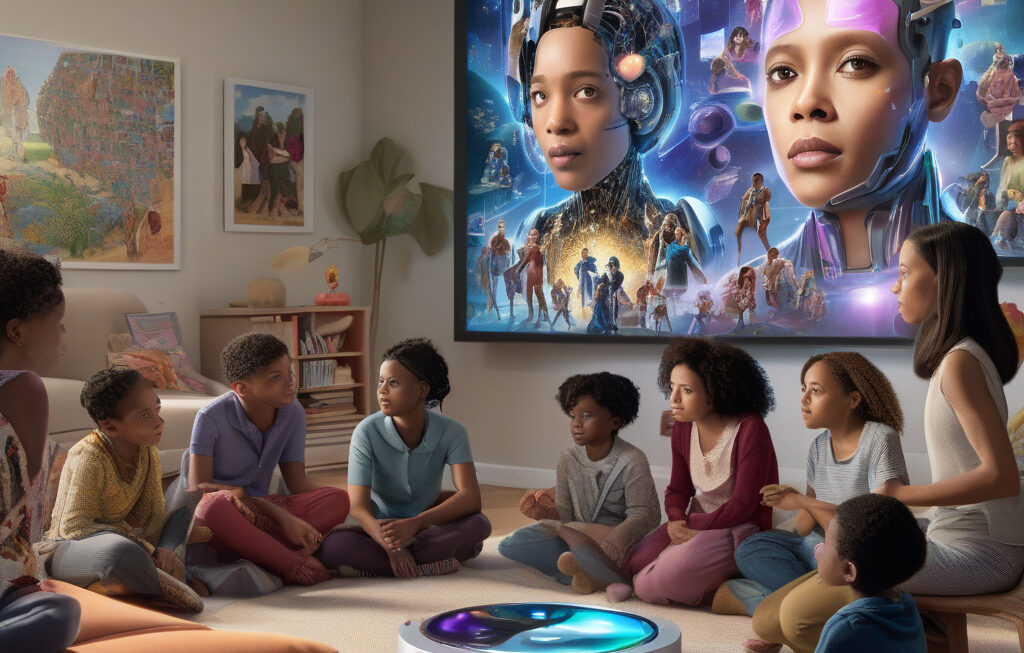AI Job Losses: Impact on Recent Graduates and Retraining Initiatives by Companies
The rise of Artificial Intelligence (AI) has undoubtedly transformed industries, streamlining processes, and increasing efficiency. However, as AI technology continues to advance, concerns about job losses have been raised, particularly for recent graduates entering the workforce. Experts warn that AI job losses could leave many workers behind, impacting their career opportunities and financial stability.
Evidence indicates that AI job losses are already reducing opportunities for recent graduates. As companies automate tasks previously performed by humans, entry-level positions that were once stepping stones for new graduates are disappearing. This shift in the job market poses a significant challenge for young professionals who are seeking to kickstart their careers and gain valuable experience in their respective fields.
Despite these challenges, there is a glimmer of hope on the horizon. Experts highlight that while AI may lead to job displacements, many companies are more inclined to retrain their existing workforce rather than outright dismiss employees. This emphasis on reskilling and upskilling employees demonstrates a proactive approach by employers to adapt to the changing landscape of work brought about by AI technologies.
One example of a company prioritizing retraining is IBM. The tech giant has been at the forefront of AI innovation and understands the importance of equipping its workforce with the necessary skills to thrive in an AI-driven environment. Through initiatives like the SkillsBuild platform, IBM offers training programs in emerging technologies such as AI, cloud computing, and cybersecurity, empowering employees to remain competitive in the job market.
Similarly, Amazon has invested heavily in retraining its employees through the Amazon Technical Academy. This program provides non-technical Amazon employees with the opportunity to learn software development skills, enabling them to transition into technical roles within the company. By investing in employee development, Amazon not only mitigates the impact of AI job losses but also fosters a culture of continuous learning and growth within the organization.
The shift towards retraining initiatives is not only beneficial for employees but also for companies themselves. By upskilling their workforce, organizations can harness the full potential of AI technologies while retaining valuable talent and institutional knowledge. Additionally, retraining employees can lead to higher job satisfaction, increased productivity, and a more agile and adaptable workforce.
As the debate surrounding AI job losses continues, it is crucial for companies to prioritize retraining and upskilling as part of their workforce development strategies. By investing in the continuous learning and professional growth of their employees, organizations can navigate the challenges posed by AI technology while creating a more resilient and future-ready workforce.
In conclusion, while AI job losses may present challenges for recent graduates entering the workforce, the emphasis on retraining by companies offers a ray of hope in an ever-evolving job market. By embracing retraining initiatives, employees can adapt to the changing demands of the digital age and secure their roles in an AI-driven world.
AI, JobLosses, RecentGraduates, RetrainingInitiatives, FutureOfWork.












